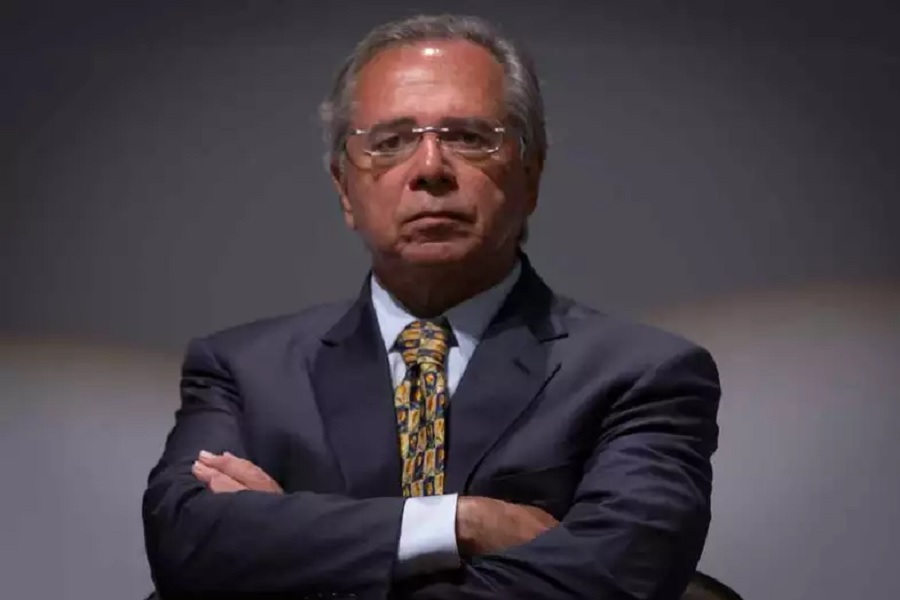RIO DE JANEIRO, BRAZIL – “The problem will not be low growth, the problem will be resilient inflation. Inflation will probably be a little bit higher than you are projecting, but so will growth. I don’t make forecasts, I joke about forecasts, about wrong ones,” the Minister said while taking part in an online event promoted by a Brazilian bank.
In its latest Focus report, a Central Bank (BC) weekly survey of financial institutions, market analysts project GDP growth of 0.9% in 2022 and official inflation of 4.8% next year, as measured by the National Wide Consumer Price Index (IPCA).

NO INTERFERENCE
The Minister said that the economic team does not intend to interfere in prices through regulation. The only policy underway to hold down inflation is monetary tightening (interest rate hikes) by the Central Bank, Guedes said.
“It is true that interest rates will rise as the Central Bank fights to control inflation, but we are indeed making the transition to sustainable growth in all sectors,” he said.
In cases where inflation accelerates due to external shocks, the Minister argued for the transfer of income through “Auxílio Brasil” (Brazil Aid) to mitigate the impact on the poorest families. In parallel, the rise in oil and energy prices should attract foreign investors to Brazil, according to Guedes.
“If oil and energy prices rise, it is part of the solution because it attracts investment. The best solution is to let the market act, and any dysfunction is solved with income transfer,” Guedes said. President Jair Bolsonaro and several Ministers’ recent trip to the United Arab Emirates yielded investment commitments of US$10 billion in 10 years, reinforcing the forecast of US$700 billion in foreign investments in the country in the coming decades, he added.
COURT-ORDERED DEBT PEC
Guedes advocated keeping the Court-ordered debt Constitutional Amendment Proposal (PEC), which parcels out payments and changes the calculation of the spending cap, in the format approved by the Chamber of Deputies. He criticized the suggestion made by a few senators to exclude the payment of court-ordered debts from the cap and keep the current calculation formula, which updates the annual limit by accumulated inflation between July two years before and June of the previous year.
According to the Minister, there will be reasons to worry about the economy in 2022, should the Senate change the text passed by the Chamber. “Maybe that is the asymmetry [between market and government estimates for GDP], because I am still hopeful that we will pass the original proposals. But if they don’t pass it, then I will be very concerned about growth,” he declared.
The Minister championed the design of the PEC passed by the Chamber as an instrument that will provide predictability and feasibility to the public budget. On one hand, the PEC establishes a limit to the annual payment of court-ordered debts and, on the other, modifies the spending cap rule. Consequently, the bill creates room for additional spending of R$91.6 (US$17) billion next year.
Guedes again advocated a fund to fight poverty with resources from the privatization of Eletrobras, Petrobras and Correios. This fund would be the best way to tackle the rise in fuel and food prices. “If oil is rising or interest rates are rising and then food is rising, the first best option is sustainable policies for the eradication of poverty, of course,” he finished.

